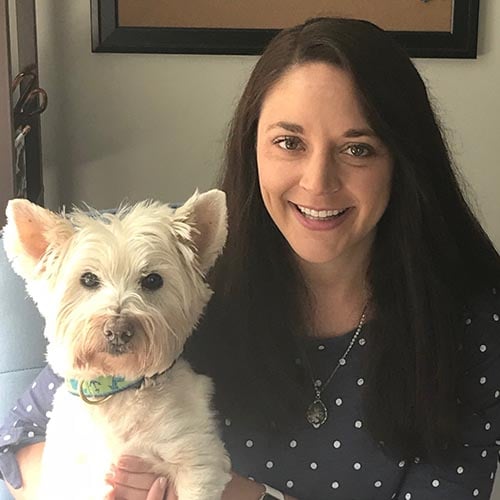On June 7, 2022 Tidelift hosted an event called Upstream, a one-day celebration of open source, the developers who use it, and the maintainers who make it. All of the talks are available to watch at upstream.live.
Quality. That’s what your organization wants out of the open source projects you depend on, right? Well, in order to get quality out, you must offer quality contributions, Deborah Bryant said in her keynote at Upstream a few weeks ago. Deborah has worked in the world of open source since 2005, most recently leading the open source program office at Red Hat.
“If your company wants quality contributions, if they want quality relationships in the open source ecosystem so they can go about their business in the way they're hoping to,” Deb said, “then they need to focus on delivering a quality experience to their open source contributors.”
It’s widely understood that big, enterprise organizations should be contributing back to the open source community—by creating open source offices and programs, and hiring skilled contributors right and left.
But fewer companies have actually integrated contributors and community work into their legacy operations. That’s what Deb highlights: how to care for open source contributors within your organization so that they continue executing quality work, and bettering the open source ecosystem as a whole.
Deborah shares three key principles she employed as director of the open source program office at Red Hat the last eight years.
Principle 1: Open source contributors are tech professionals
Open source contributors are tech professionals, not cultural hobbyists. “This is 2022,” Deb said. “People aren't just doing open source for a hobby anymore.” She’s noticed a legacy, especially from managers who have been around for a while, that open source contributors and developers are “fringe” or “not serious developers.” That’s not true, Deb said, and harmful thinking.
Avoid unhelpful terms, like “funding,” “supporting,” “non-revenue generating,” and “non-mission critical.” “And nice to have is just not even nice to say,” Deborah said. When you hear people use these phrases, you should engage them in conversation, and ask why they might not be seeing open source contributors as “mission critical.”
“Because if you're working inside of a large company, the decision to commit and invest resources in open source was done for a purpose,” Deb said.
Principle 2: Treat open source contributors like your company’s reputation depends on it
“My advice to companies is to treat contributors as if your company's reputation in the open source ecosystem depended on it,” Deb said. “Because, well, it does”
A reputation and the ability to influence a project really relies on the contributors and the staff involved in the project. And considering your organization’s application is made up of over 92% open source components, you want to make sure you have a good reputation among the open source community.
Deborah suggests a few different ways to help build up your contributor’s reputations: letting them keep their GitHub handles rather than making them use your organization’s email addresses, and offering an events budget so they can speak at events.
Principle 3: Offer a clear path for professional development
In today’s world where people are feeling burned out and unsupported, it’s essential that organizations support open source contributors in their career goals, Deb said. This can be a little tricky for open source contributors, especially those on a non-engineering path, like architects, marketers, or writers. At Red Hat, Deborah modeled non-developer contributors after the engineering path, but more tailored specifically to community work.
These three principles are all aimed at the same goal: Quality. In order to get quality out of the open source community, you must put quality in it; to put quality into it, you must adequately care for your organization’s open source contributors.
You can watch Deb’s keynote below.


 50 Milk St, 16th Floor, Boston, MA 02109
50 Milk St, 16th Floor, Boston, MA 02109